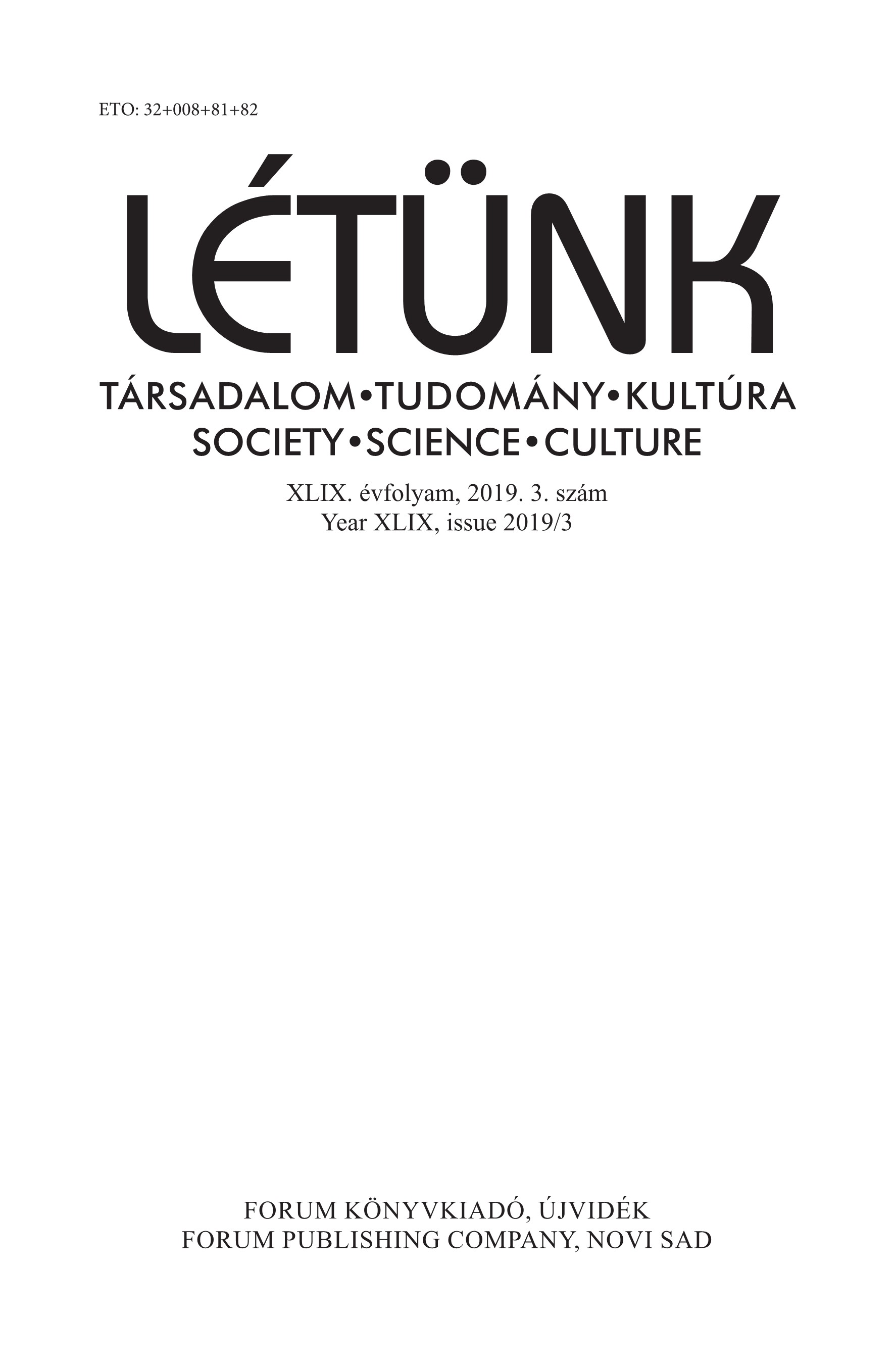Azonos neműek házassága és a szabad mozgás joga az európai bíróság esetjogában
Same Sex Marriages and Free Movement Rights in the CJEU’s Case Law
Author(s): Laure GyeneySubject(s): EU-Legislation
Published by: Fórum Könyvkiadó Intézet
Keywords: EU citizenship; same sex marriages; free movement rights; validity of marriage
Summary/Abstract: The enforcement of the supranational rights of the EU citizens – that is the right to free movement and residence – requires, in certain cases, that the EU law be applied in some highly sensitive areas such as the area of family law which are traditionally the regulatory competence of the member states. The Coman case, referred to the ECJ for preliminary ruling also belongs to the above group. In the Coman case the ECJ was asked about what will happen if a same-sex couple that validly got married in one of the members states would like to move or return to the territory of a member state where same-sex marriages are not recognized. In this case, can the couple claim EU-level ‘family reunification rights’? In other words, the question is whether the third country member of the married couple may obtain the ‘family member’ status in accordance with the Free Movement Directive and primarily the residence rights arising from this status. The cross border nature of the case allowed the Court to eliminate the legal uncertainty that has existed in this area and to avoid the duplication of family statuses by extending the concept of a spouse specified in the Free movement directive to same-sex couples. It declared in its judgment that the term ‘spouse’ within the meaning of” the Directive “is gender-neutral and may therefore cover the same-sex spouse of the Union citizen concerned. Notwithstanding the above statement, the judgment cannot be considered as a clear victory for homosexual couples. In its decision, the Court did not fail to emphasize that a person’s status, which is relevant to the rules on marriage, is a matter that falls within the competence of the Member States and EU law does not detract from that competence. Thus, the ruling only applies to free movement issues – and with some further limitations. First, the Court restricted its ruling to marriages concluded within a Member State. Secondly, it stressed that a period of at least three months genuinely residing in another Member State is necessary to trigger the above rules.
Journal: Létünk
- Issue Year: XLIX/2019
- Issue No: 3
- Page Range: 35-58
- Page Count: 24
- Language: Hungarian

